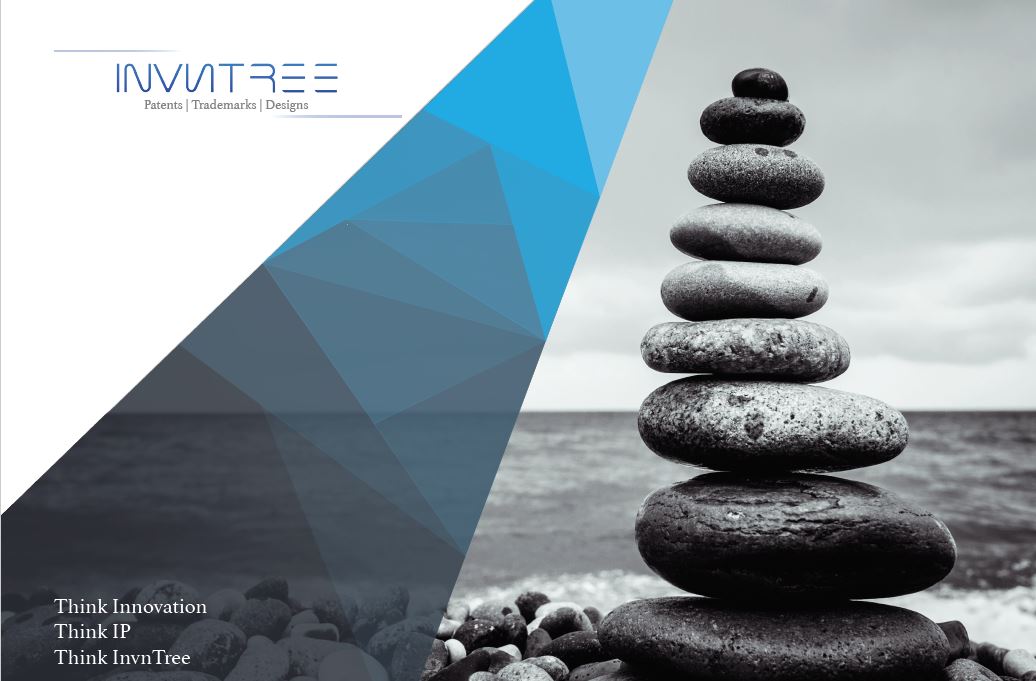Delhi university Copyright case – University wins over publishers

This month, we witnessed a powerful (progressive?) judgement by the Indian Appellate Court regarding the Delhi University copyright infringement case. Here, the plaintiffs, namely, Oxford University Press, Cambridge University Press, and Taylor & Francis Group, alleged that Delhi University and Rameshwari Photocopy Services infringed the plaintiffs’ copyrights of various publications.
Rameshwari Photocopy Services has a licensed shop in the campus of Delhi School of Economics (University of Delhi) where students buy course packs authorized by professors who taught courses at the university. The course packs prepared by the shop included subject matter that had been photocopied from several textbooks published by the plaintiffs.
The plaintiffs argued that the inclusion of these pages amounted to an infringement of copyright related to their publications. Further, they provided examples of similar cases decided in other countries such as the United States of America, United Kingdom and Canada, wherein claims of copyright infringement were upheld.
Regarding copyright in the field of education, Section 52(1)(i) of the Indian Copyright Act lists acts which are not to be considered as infringement of copyright, as follows: “(1) The following acts shall not constitute an infringement of copyright, namely…the reproduction of any work … by a teacher or a pupil in the course of instruction.”
The appellate court decided that the publishers’ copyright was not infringed. The division bench, headed by Justice Nandrajog, was of the opinion that the term “course of instruction” could not be limited only to proceedings inside a classroom, as stated by the publishers. The court further clarified the difference between ‘reproduction’ and ‘publication’, by reasoning that ‘a publication would have the element of profit, which would be missing in the case of reproduction of a work by a teacher to be used in the course of instruction while imparting education to the pupils.’ Further, the court also noted that various decisions made by courts in other countries could not be applied under these circumstances for a developing country like ours.
This was a landmark case that took a step in the right direction for a developing nation like ours, which is in the process of increasing literacy levels by trying to impart affordable education to all. Consequently, Justice Nandrajog rightly noted: “So fundamental is education to a society – it warrants the promotion of equitable access to knowledge to all segments of the society, irrespective of their caste, creed and financial position.”
We hope this article was a useful read.
Please feel free check our services page to find out if we can cater to your requirements. You can also contact us to explore the option of working together.
Best regards – Team InvnTree
This work is licensed under a Creative Commons Attribution-NonCommercial 3.0 Unported License

 Follow
Follow



Leave a Reply